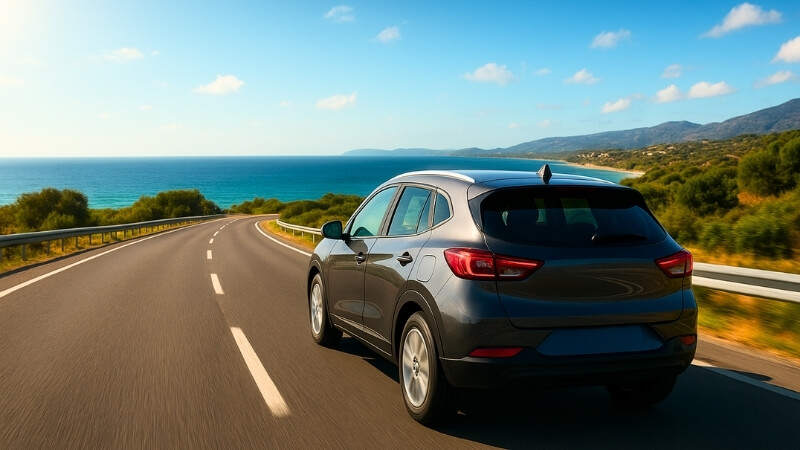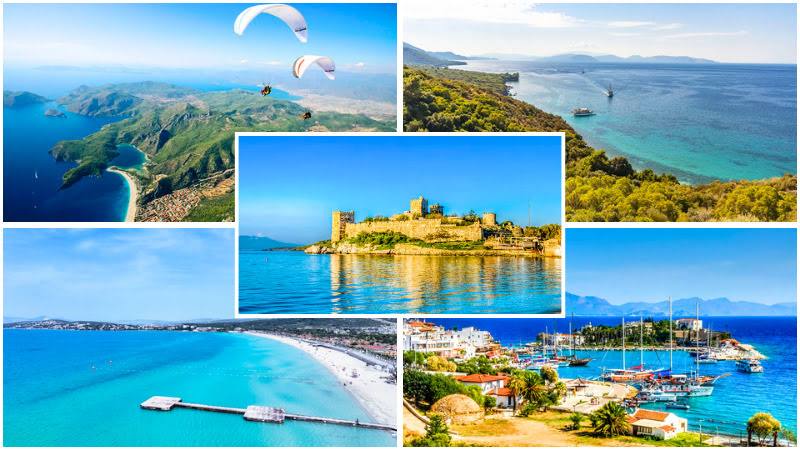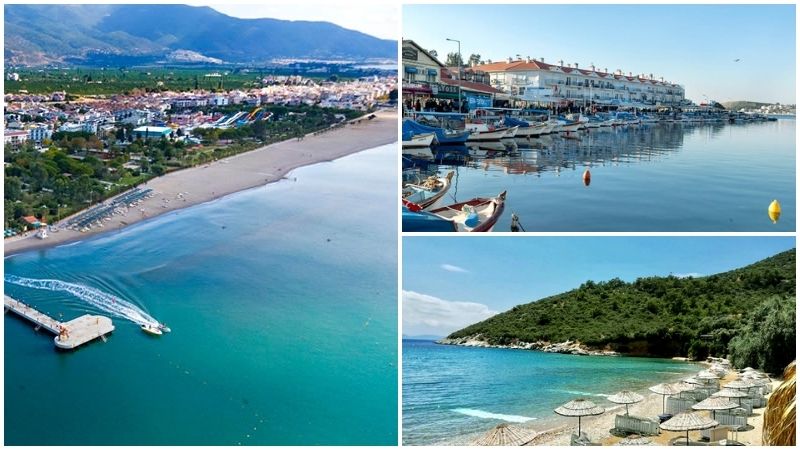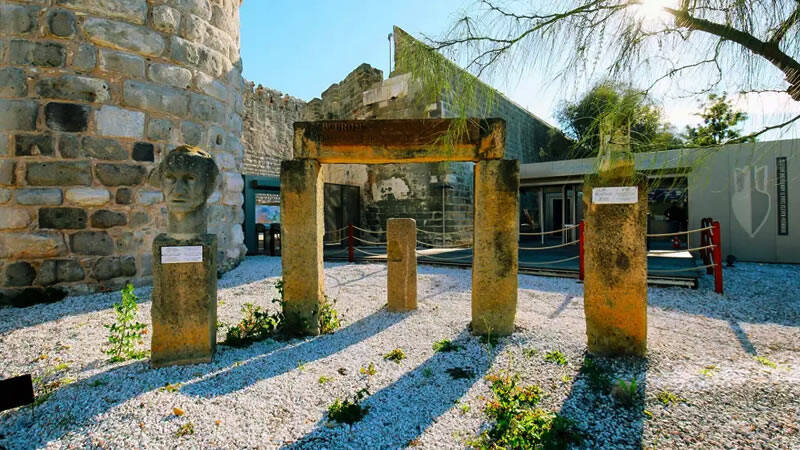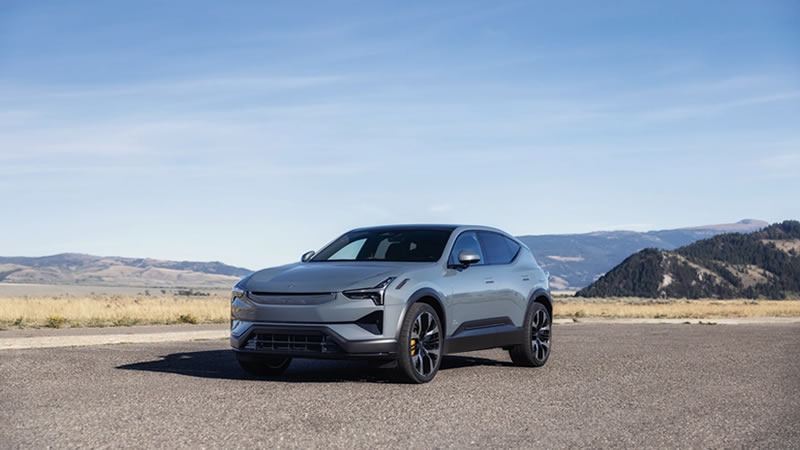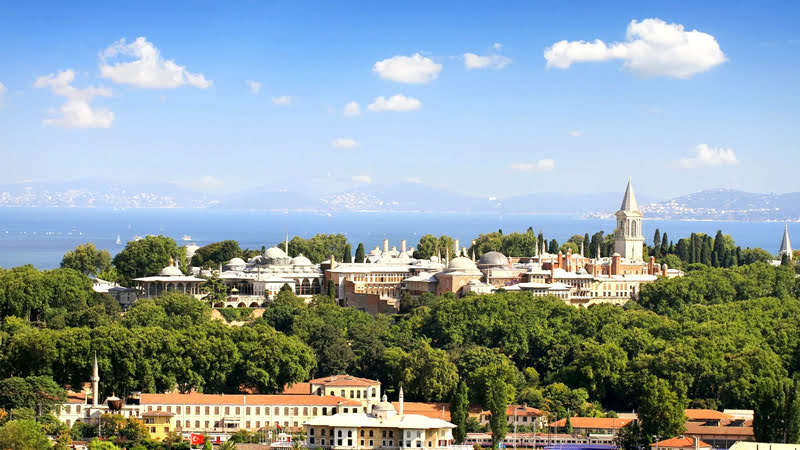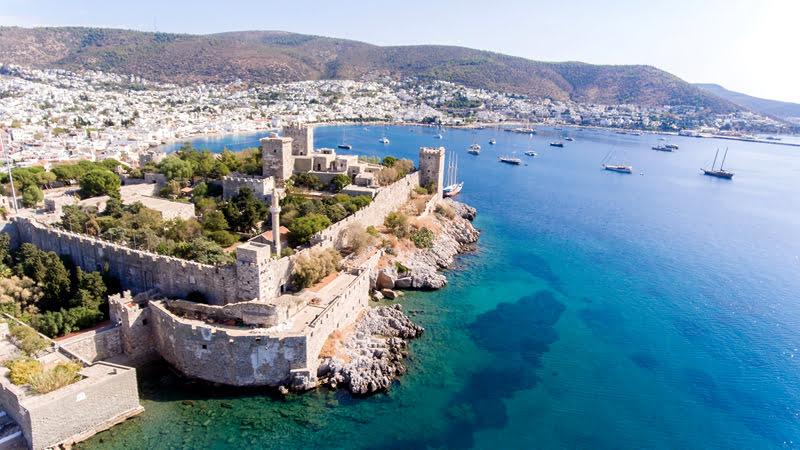Which Countries' Driving Licenses Are Valid in Türkiye?

Türkiye, with its rich historical and cultural heritage, stunning natural landscapes, and well-developed road network, experiences a high volume of both tourist and commercial traffic. For foreign visitors and Turkish citizens living abroad, driving in Türkiye with a foreign driver's license is subject to specific regulations. In this guide, you will find up-to-date information on which countries' licenses are valid, the permitted duration of use, and the necessary legal procedures.
• Turkish citizens can drive in Türkiye with a foreign driver's license for up to 2 years from their date of entry.
• Those staying in Türkiye for more than 6 months must carry a notarized or consular-certified Turkish translation of their driver's license.
• After 2 years, it is mandatory to convert the foreign license into a Turkish driver's license.
• Foreign visitors can drive in Türkiye with their home country’s driver's license for up to 6 months from their date of entry.
• After 6 months, those who continue to stay in Türkiye must obtain a Turkish driver’s license.
• Drivers whose licenses are issued in a non-Latin alphabet (e.g., Arabic, Cyrillic, Chinese) must carry a notarized Turkish translation of their license.
1. European Union (EU) and European Economic Area (EEA) Licenses
The following countries' licenses are valid in Türkiye for up to 6 months:
• EU Countries: Germany, France, Italy, Spain, Netherlands, Belgium, Austria, Greece, Denmark, Sweden, Finland, Ireland, Luxembourg, Portugal, Poland, Czechia, Hungary, Slovakia, Slovenia, Estonia, Latvia, Lithuania, Bulgaria, Romania, Croatia.
• EEA Countries: Norway, Iceland, Liechtenstein.
• 6 months, individuals wishing to continue driving in Türkiye must convert their license to a Turkish one.
2. United States and Canada
• U.S. and Canadian driver’s licenses are valid for 6 months in Türkiye.
• Beyond 6 months, a Turkish driver's license is required.
• Some rental car companies may require an International Driving Permit (IDP) in addition to a national license.
3. Other Countries
Drivers from the following countries can use their licenses in Türkiye for up to 6 months:
• Australia, New Zealand, Switzerland, Japan, South Korea, Israel, Russia, Ukraine, Brazil, Argentina, South Africa, Mexico.
• Gulf Countries: Saudi Arabia, UAE, Qatar, Kuwait, Bahrain, Oman.
• Asian Countries: China, India, Indonesia, Malaysia, Thailand.
• Non-Latin alphabet license holders must carry a notarized Turkish translation.
International Driving Permit (IDP)
• The IDP is valid for 1 year and must be renewed annually.
• It is recommended for tourists and those who do not have permanent residency in Türkiye.
Documents Required for Driving in Türkiye
✔ A valid driver’s license ✔ Passport or national identity card ✔ Vehicle insurance policy ✔ Vehicle registration certificate
1. Traffic Flow Direction: In Türkiye, traffic moves on the right-hand side of the road.
2. Speed Limits
• Passenger Cars:
Urban areas: 50 km/h
Intercity roads: 90 km/h
Divided highways: 110 km/h
Motorways: 120-140 km/h (depending on the road)
• Minibuses:
Urban areas: 50 km/h
Intercity roads: 80 km/h
Divided highways: 90 km/h
Motorways: 100 km/h
• Light Trucks/Vans:
Urban areas: 50 km/h
Intercity roads: 80 km/h
Divided highways: 85 km/h
Motorways: 95 km/h
3. Drunk Driving Regulations:
• For private vehicle drivers: The legal blood alcohol limit in Türkiye is 0.50‰ (0.05%). Exceeding this limit results in a fine and temporary suspension of the driver’s license.
• For commercial and public transport drivers: The legal blood alcohol limit is 0.20‰ (0.02%). Exceeding this limit leads to fines and license suspension along with other penalties.
• Penalties for exceeding legal limits: On the first offense, a fine is imposed, and the driver’s license is suspended for 6 months. Repeated offenses result in increased fines, longer suspension periods, and in cases of high alcohol levels, imprisonment may also be imposed.
To ensure road safety and prevent accidents, it is crucial for drivers to fully comply with legal regulations.
Before traveling, it is recommended to check with the General Directorate of Security, the General Directorate of Highways, or the relevant consulates for the most up-to-date information.
Turkish Citizens Driving with Foreign Licenses
• Turkish citizens can drive in Türkiye with a foreign driver's license for up to 2 years from their date of entry.
• Those staying in Türkiye for more than 6 months must carry a notarized or consular-certified Turkish translation of their driver's license.
• After 2 years, it is mandatory to convert the foreign license into a Turkish driver's license.
Driving Conditions for Foreign Nationals in Türkiye
• Foreign visitors can drive in Türkiye with their home country’s driver's license for up to 6 months from their date of entry.
• After 6 months, those who continue to stay in Türkiye must obtain a Turkish driver’s license.
• Drivers whose licenses are issued in a non-Latin alphabet (e.g., Arabic, Cyrillic, Chinese) must carry a notarized Turkish translation of their license.
Foreign Driver’s Licenses Valid in Türkiye
1. European Union (EU) and European Economic Area (EEA) Licenses
The following countries' licenses are valid in Türkiye for up to 6 months:
• EU Countries: Germany, France, Italy, Spain, Netherlands, Belgium, Austria, Greece, Denmark, Sweden, Finland, Ireland, Luxembourg, Portugal, Poland, Czechia, Hungary, Slovakia, Slovenia, Estonia, Latvia, Lithuania, Bulgaria, Romania, Croatia.
• EEA Countries: Norway, Iceland, Liechtenstein.
• 6 months, individuals wishing to continue driving in Türkiye must convert their license to a Turkish one.
2. United States and Canada
• U.S. and Canadian driver’s licenses are valid for 6 months in Türkiye.
• Beyond 6 months, a Turkish driver's license is required.
• Some rental car companies may require an International Driving Permit (IDP) in addition to a national license.
3. Other Countries
Drivers from the following countries can use their licenses in Türkiye for up to 6 months:
• Australia, New Zealand, Switzerland, Japan, South Korea, Israel, Russia, Ukraine, Brazil, Argentina, South Africa, Mexico.
• Gulf Countries: Saudi Arabia, UAE, Qatar, Kuwait, Bahrain, Oman.
• Asian Countries: China, India, Indonesia, Malaysia, Thailand.
• Non-Latin alphabet license holders must carry a notarized Turkish translation.
International Driving Permit (IDP)
• The IDP is valid for 1 year and must be renewed annually.
• It is recommended for tourists and those who do not have permanent residency in Türkiye.
Documents Required for Driving in Türkiye
✔ A valid driver’s license ✔ Passport or national identity card ✔ Vehicle insurance policy ✔ Vehicle registration certificate
Basic Traffic Rules and Speed Limits
1. Traffic Flow Direction: In Türkiye, traffic moves on the right-hand side of the road.
2. Speed Limits
• Passenger Cars:
Urban areas: 50 km/h
Intercity roads: 90 km/h
Divided highways: 110 km/h
Motorways: 120-140 km/h (depending on the road)
• Minibuses:
Urban areas: 50 km/h
Intercity roads: 80 km/h
Divided highways: 90 km/h
Motorways: 100 km/h
• Light Trucks/Vans:
Urban areas: 50 km/h
Intercity roads: 80 km/h
Divided highways: 85 km/h
Motorways: 95 km/h
3. Drunk Driving Regulations:
• For private vehicle drivers: The legal blood alcohol limit in Türkiye is 0.50‰ (0.05%). Exceeding this limit results in a fine and temporary suspension of the driver’s license.
• For commercial and public transport drivers: The legal blood alcohol limit is 0.20‰ (0.02%). Exceeding this limit leads to fines and license suspension along with other penalties.
• Penalties for exceeding legal limits: On the first offense, a fine is imposed, and the driver’s license is suspended for 6 months. Repeated offenses result in increased fines, longer suspension periods, and in cases of high alcohol levels, imprisonment may also be imposed.
To ensure road safety and prevent accidents, it is crucial for drivers to fully comply with legal regulations.
Before traveling, it is recommended to check with the General Directorate of Security, the General Directorate of Highways, or the relevant consulates for the most up-to-date information.




